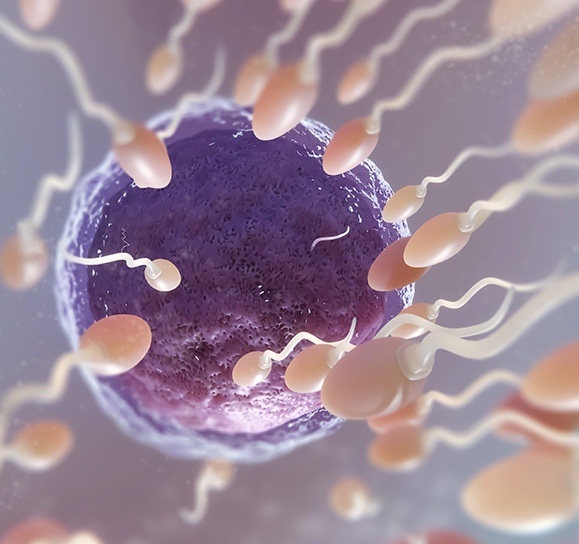Travel Abroad and the HSE will REFUND the cost of your surgery
Fertility problems
Fertility problems are sometimes called infertility or subfertility. This is when a couple are not getting pregnant even though they are having regular sex with no contraception.
Fertility problems can affect men and women. They can affect heterosexual couples and same-sex couples.
Around 1 in 6 heterosexual couples in Ireland may experience infertility. But 85% of couples will conceive a child naturally after one year of trying. This figure rises to 95% after two years.
‘Trying’ means having regular unprotected sex every 2 to 3 days.
If you are a man or a woman in a same-sex relationship, you may need some fertility treatments. What treatment is needed depends on the path to parenthood that you choose.
There are a number of things that can cause fertility problems. Some of these problems can be treated. In 20% of infertility cases, no cause is ever found.
See your GP if you are worried about your fertility. They will be able to offer advice, examine you and arrange tests.
The next steps taken by your GP depend on:
- your own situation and any medical issues you may have
- your age
- how long you have been trying to get pregnant
- any findings from a physical examination
- results of blood tests
- results of semen analysis
You may need to see a fertility specialist or a gynaecologist. They might recommend more tests or to begin treatment.
Generally speaking, there are two types of fertility problems:
Primary infertility
This is when a couple who has never been pregnant is experiencing infertility.
Secondary infertility
This is when a couple has had one or more previous pregnancies but is now struggling to conceive.
Medical and Surgical Treatments

Medical treatments
In order to aid in conception, medication may occasionally be prescribed.
The majority of medications work by encouraging ovulation. Medication may not be appropriate if you have additional issues, such as blocked fallopian tubes.
Clomiphene may be used as part of medical therapy. This medicine has the potential to promote ovulation.
If clomiphene is ineffective, it is occasionally possible to use other drugs to induce ovulation in females.
Diabetes medication metformin is used. It is occasionally used to aid in pregnancies for women with polycystic ovarian syndrome.
Surgical treatments
You may need surgery to improve your fertility. Types of surgery include:
- removing scar tissue from a woman’s pelvis
- repairing or unblocking fallopian tubes
- treating endometriosis
- laparoscopic ovarian drilling for polycystic ovary syndrome (PCOS)
Assisted conception
There are ways that fertility specialists can help you to become pregnant.
These treatments are available privately only. This means they are not provided by the public health service.
You can claim tax relief on the costs involved in IVF treatment as part of the tax relief for medical expenses scheme.
The Drugs Payment Scheme covers drugs used as part of fertility treatment.
Information on fertility treatment from Citizens Information
The treatments are:
- IUI (intrauterine insemination)
- IVF (in vitro fertilisation)
- ICSI (intracytoplasmic sperm injection)
Get your surgery done in 10 days from today!